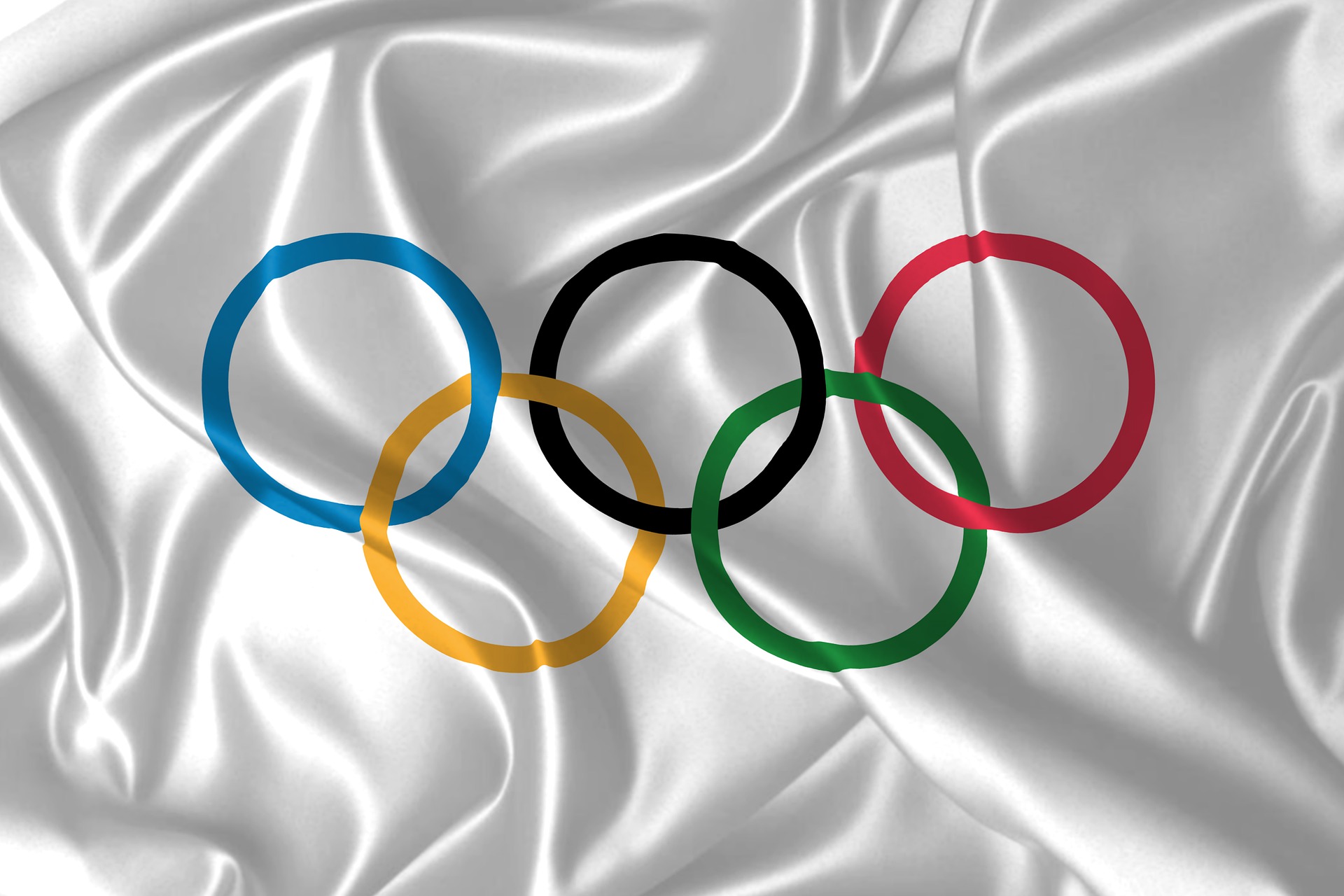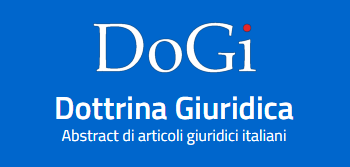
Abstract
Lo sport ha assunto una dimensione economica e sociale che ha portato le istituzioni sportive di vertice, guidate dal CIO, a dotarsi di strumenti atti a preservarne l’autonomia. La Carta olimpica punta a realizzare questo scopo attraverso il principio di “neutralità politica”, in base al quale i vertici sportivi spesso evitano di prendere posizione su spinose questioni “politiche”, che arrivano a riguardare la tutela dei diritti fondamentali degli atleti, nonostante questi stessi diritti appaiano quantomeno sottesi alla stessa Carta. Il presente lavoro, attraverso un’indagine di stampo comparatistico che riflette anche sul diritto transnazionale dello sport, mira a far luce sulla possibile contraddizione delle istituzioni sportive, le quali faticano a coniugare il ruolo dello sport come promotore dei diritti fondamentali e dell’inclusione sociale con la dimensione meramente sportiva (ed economica) dello stesso, che si tenta di tenere al riparo da condizionamenti di natura politica.
Abstract
Sport has reached an economic and social dimension that has led top sports institutions, led by the IOC, to equip themselves with tools to preserve its autonomy. The Olympic Charter aims to achieve this goal through the principle of “political neutrality”, according to which sports leaders often avoid taking a position on thorny “political” issues, which come to concern the protection of the athletes’ fundamental rights, although the same rights appear at least underlying the Charter itself. This work, through a comparative survey that also reflects on the transnational sports law, aims to shed light on the possible contradiction of sports institutions, who struggle to combine the role of sport as a promoter of fundamental rights and social inclusion with the purely sporting (and economic) dimension of the same, which they try to keep away from political conditioning.
Keywords: Sport political neutrality, Olympic Committee, Olympic values, Transnational sports law, Fundamental rights





